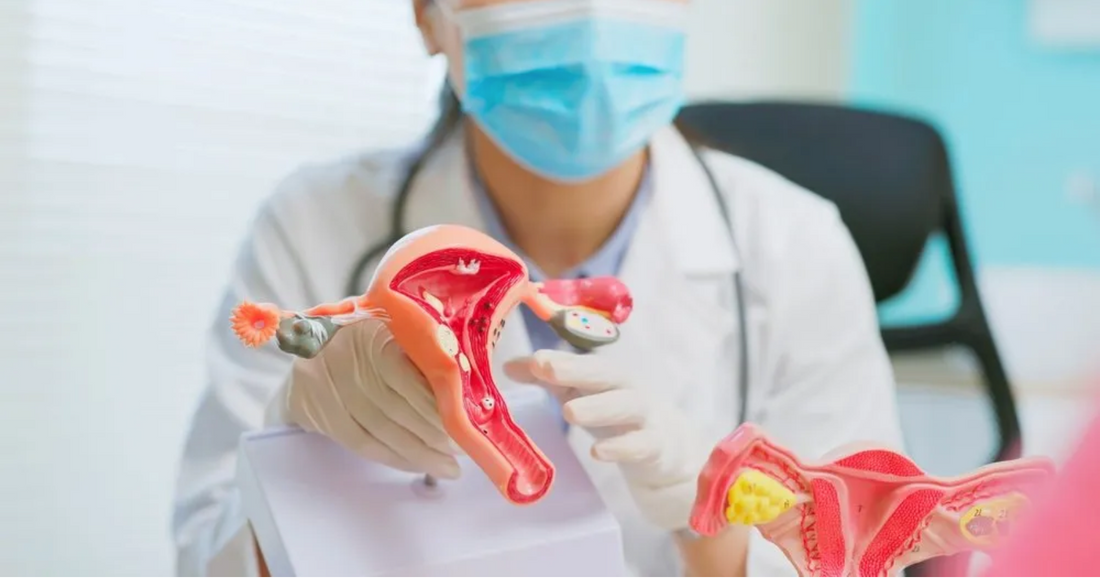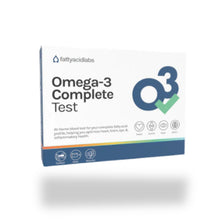
Omega-3 for women: Can it improve fertility and egg quality?
Omega-3 and women's fertility: Can it improve egg quality?
Looking for a natural way to improve your fertility and egg quality? Omega-3 fatty acids have been shown to play an important role in women's reproductive health—and the research behind them is both exciting and hopeful.
Why are omega-3s important for fertility?
Omega-3 fatty acids – specifically EPA (eicosapentaenoic acid), DHA (docosahexaenoic acid) and DPA (docosapentaenoic acid) – are essential fats that the body cannot produce on its own. They are known for their anti-inflammatory effects and support for the heart, brain and joints. However, they are also strongly linked to ovarian function, hormone balance and cell division in egg cells (OmegaQuant, 2020).
Research: Omega-3 may improve egg quality
Studies show that women with higher levels of Omega-3 have a better chance of getting pregnant, especially through IVF treatments. A Harvard study found a clear correlation between high Omega-3 levels in the blood and increased pregnancy rates (Chiu et al., 2018).
DHA has also been shown to improve egg cell structure and protect against oxidative stress – one of the main causes of reduced egg quality (Jungheim et al., 2013). Omega-3 can also improve blood flow to the uterus and create a favorable environment for embryo implantation (OmegaQuant, 2020).
Fertility after 35 – omega-3 as natural support
After age 35, egg quality begins to decline at a faster rate, affecting both fertility and the risk of miscarriage (ACOG, 2022). Omega-3s can help slow this process by reducing inflammation, improving circulation, and protecting the cell structure of the eggs.
For women who want to get pregnant later in life, Omega-3 can therefore act as natural protection and support.
Best sources of omega-3 for women
To support fertility, it is important to consume the most effective forms of Omega-3:
-
Fatty fish : such as salmon (wild-caught), sardines, and mackerel
-
Algal oil : plant-based with EPA, DPA and DHA (a good option for vegans)
-
Fish oil supplement : with EPA, DHA and DPA
-
Plant-based sources are not recommended because flax seeds, chia seeds, walnuts, etc. only contain ALA, which the body only converts in very small amounts to EPA and DHA (NIH, 2021)
For best results, daily intake via diet or supplementation is recommended, preferably from clean and sustainable sources.
Conclusion: A simple step towards better fertility
Omega-3 is not a miracle cure, but it is a powerful tool for women who want to take control of their fertility naturally. By supporting egg quality, reducing inflammation, and improving hormonal balance, Omega-3 can be an important supplement – whether you are trying to conceive now or in the future.
Prioritizing Omega-3 in your everyday life is a small but important step for your reproductive health.
It is very rewarding to listen to this 30-minute podcast episode from Babyzpodcast.
https://open.spotify.com/episode/22KU0kB9vje7q0eFvWD9sO?si=nDhfP-YqS3uh4rmH4MzMKg
Highly recommended for those who want to delve deeper into the subject!
Sources:
-
Chiu YH. et al. (2018). Serum polyunsaturated fatty acids and IVF outcomes.
-
Jungheim ES et al. (2013). Diet and female fertility.
-
Afeiche MC et al. (2014). Fatty acid intake and reproductive hormones.






